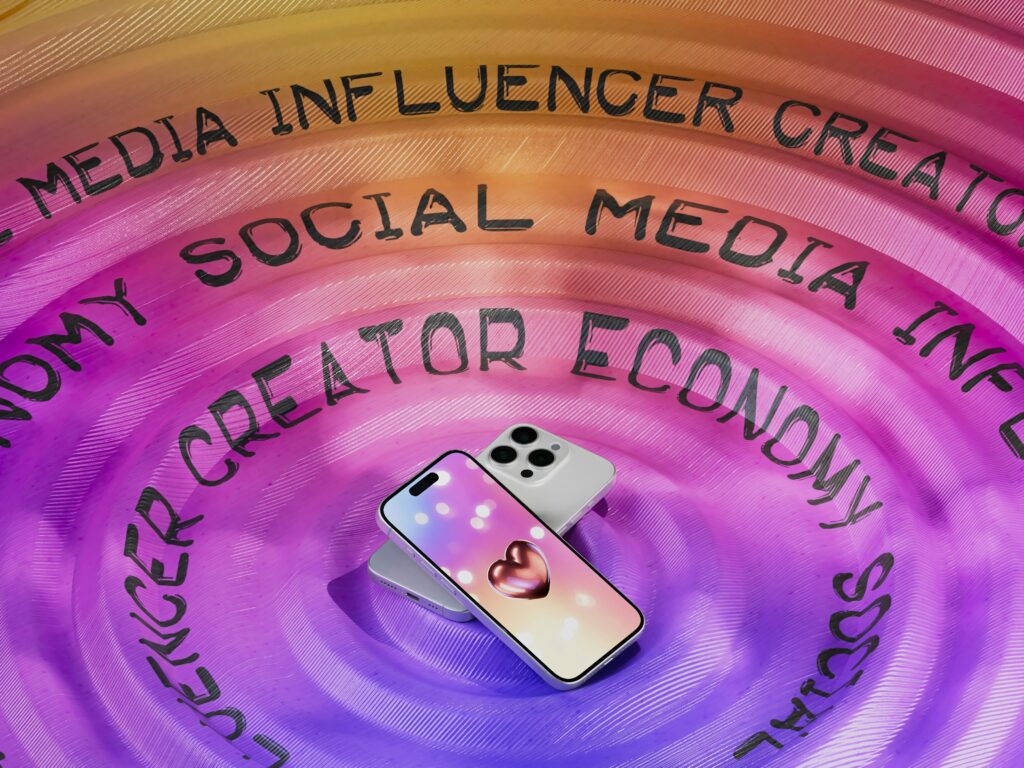In a world where technology is advancing at a rapid pace, one unexpected development is taking the business world by storm: the rise of virtual influencers. These digital personalities, created using artificial intelligence and CGI, are blurring the lines between reality and fiction in the realm of social media marketing.
With their flawless looks and seemingly perfect lives, virtual influencers like Lil Miquela and Shudu Gram have amassed huge followings on platforms like Instagram, attracting the attention of brands eager to tap into their popularity. According to a recent report by HypeAuditor, virtual influencers are proving to be highly effective in engaging audiences, with engagement rates that surpass those of some human influencers.
However, as this trend gains momentum, questions are being raised about the ethics of using virtual influencers to promote products. Critics argue that these synthetic personalities perpetuate unrealistic beauty standards and deceive consumers by masquerading as real people.
Despite the controversy, the phenomenon of virtual influencers highlights the growing importance of authenticity and transparency in marketing. As businesses navigate the evolving landscape of social media, they must carefully consider the implications of leveraging these digital entities to connect with consumers.
Ultimately, the rise of virtual influencers serves as a reminder of the power of technology to revolutionize the way we communicate and engage with audiences, challenging us to rethink traditional notions of influence and authenticity in the digital age.



